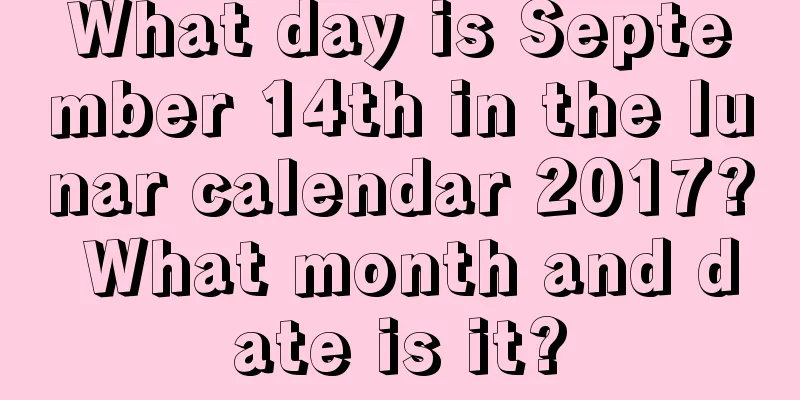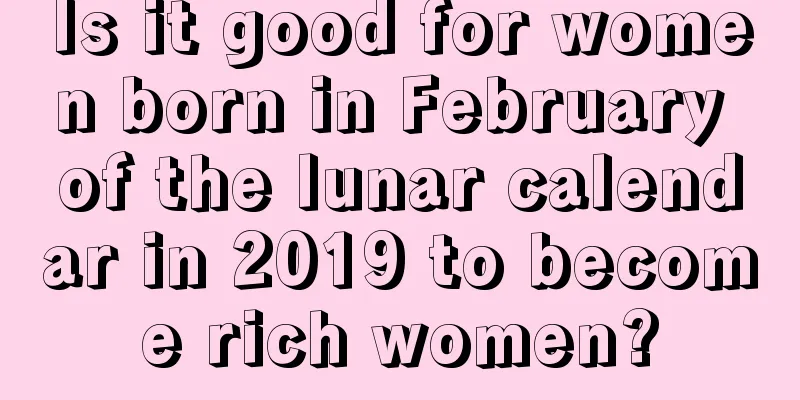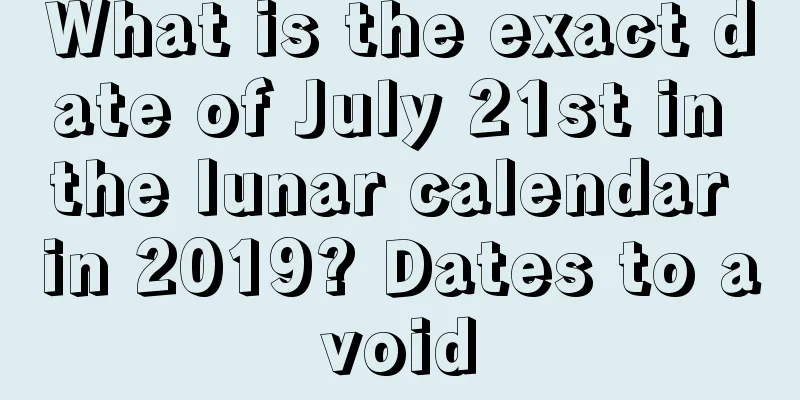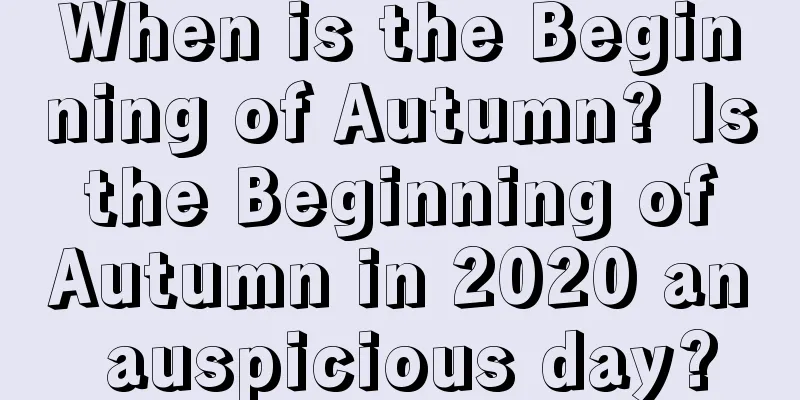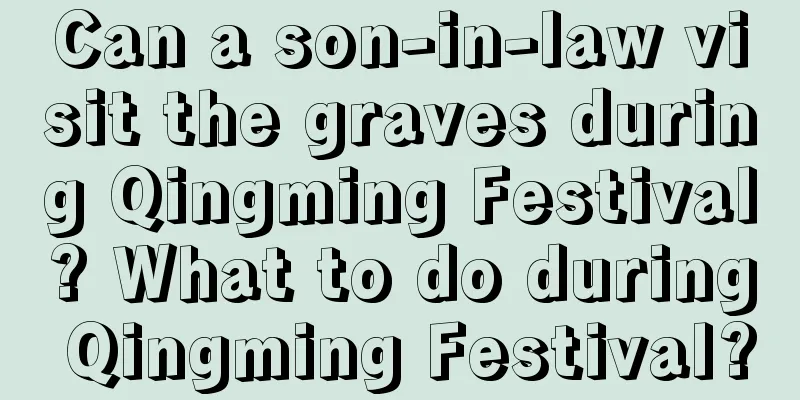When is Laba Festival in 2019? What is the origin of Laba Festival?

Introduction: Different festivals unfold in different ways, and the same is true for Laba Festival. So when is Laba Festival in 2019 and what is the origin of Laba Festival? The twelfth month of the lunar calendar is also known as the twelfth month, or the wax month. So what are the things to do and not to do in the twelfth month? Visit Shui Mo Xiansheng's website to learn more about the twelfth lunar month of 2018.When is Laba Festival in 2019?Sunday, January 13, 2019 (the eighth day of the twelfth lunar month in the Year of the Dog, 5 days away from the Laba Festival in the lunar calendar of 2018)"La" means to ask for something. In the twelfth month of each year, all things are gathered together and asked for a feast." "La" and "La" are similar. Sacrificing to ancestors is called "La", and sacrificing to gods is called "La". "La" and "La" are both sacrificial activities, which are mostly carried out in the twelfth month of the lunar calendar, so people call the twelfth month the La Month. Laba Festival is on the eighth day of the twelfth month of the lunar calendar every year. December is also called the twelfth month, so it is called Laba Festival. It was called "La Day" in ancient times. In some places it is also called La Day Festival, Laba Festival, Wanghou La or Buddha's Enlightenment Day. Celebrating Laba Festival is mainly a tradition of the Han Chinese in my country, and it is also a grand festival of Buddhism. It originated from ancient people's rituals to celebrate the harvest, worship ghosts and gods, and drive away the plague. Later, the element of commemorating the Buddha's enlightenment on this day was added. What is the origin of Laba Festival?The most important festival in the twelfth lunar month is the eighth day of the twelfth lunar month, which was called "La Day" in ancient times and commonly known as "Laba Festival". Laba is an ancient sacrificial ceremony for celebrating the harvest and thanking ancestors and gods (including door gods, household gods, house gods, kitchen gods, and well gods). The Laba day was called "Jiaping" in the Xia Dynasty, "Qingsi" in the Shang Dynasty and "Dala" in the Zhou Dynasty. Because it was held in December, that month was called the La Month, and the day of the Laba Festival was called the La Day. In the pre-Qin period, Lari was the third Xu day after the winter solstice. Laba Festival is a festival for worshiping ancestors and gods and praying for a good harvest and good luck. Later, Buddhism was introduced to China in the Eastern Han Dynasty. In order to expand its influence in the local area, it gradually attached itself to traditional culture and designated Laba Festival as the day of Buddha's enlightenment. It is said that the day of enlightenment of Sakyamuni, the founder of Buddhism, was also the eighth day of the twelfth lunar month. Therefore, Laba is also a festival for Buddhists, called "Buddha's Enlightenment Day."At the same time, Laba Festival is also known as Laba Festival, Laba Festival, and Wanghou La. It was originally an ancient sacrificial ceremony to celebrate the harvest and thank ancestors and gods (including door gods, household gods, house gods, kitchen gods, and well gods). In addition to the activities of worshiping ancestors and gods, the custom of beating drums to drive away epidemics in the twelfth lunar month during witchcraft activities still remains in Xinhua, Hunan and other areas. Later it evolved into a religious festival to commemorate the Buddha Shakyamuni's enlightenment. The La Festival was called "Jiaping" in the Xia Dynasty, "Qingsi" in the Shang Dynasty and "Dala" in the Zhou Dynasty. Because it was held in December, the month was called Layue and the day of the La Festival was called Lari. In the Pre-Qin Dynasty, Lari was on the third Xu day after the winter solstice. It was not until the Northern and Southern Dynasties that it was fixed on the eighth day of the twelfth lunar month. The meanings of "La" in Laba Festival are: 1. "La means connection", which implies the transition between the old and the new (recorded in "Book of Sui·Rituals"); 2. "La" means hunting to obtain animals for offering sacrifice to ancestors and gods. "La" is next to "meat", which means using meat for "winter sacrifice"; Laba porridge 3. “La Festival is the time to drive away epidemics and welcome the spring.” Laba Festival comes from the La Day, and is the most important festival in the twelfth lunar month. It falls on the eighth day of the twelfth lunar month, which was called "La Day" in ancient times and is commonly known as "Laba Festival". |
Recommend
How long until the Mid-Autumn Festival 2017? What gifts are good to give to elders during Mid-Autumn Festival?
Introduction: The Mid-Autumn Festival is one of th...
Is it a good time to move during the Great Cold of 2018? How to choose a date for moving?
Introduction: Moving is a happy event, and choosin...
Is it a good idea to pick up a new car on Qingming Festival in 2020? Will the vehicle management office be open on Qingming Festival in 2020?
Introduction: You also need to choose an auspiciou...
Is the fate of a baby boy born on the seventh day of the tenth lunar month in 2019 good or bad?
Is the fate of a baby boy born on the seventh day ...
What is the fate of a girl born on July 12, 2020 in the lunar calendar? Is this a good day to be born?
Although a lot of people are born every day, the d...
Is it appropriate to get engaged on November 12th of the lunar calendar in 2020?
China is the only country in the world with an uni...
Is it suitable to raise the beams of houses in the southern part of 2021? In which places is the Lantern Festival the Xiaonian Festival?
Introduction: Before putting up the beams of a hou...
Will the weather still be hot after the 2018 Chushu solar term? How long will it be hot after the 2018 Chushu solar term?
Introduction: Different solar terms represent chan...
Is it a good idea to open a new store on the second day of the tenth lunar month in 2017?
Good things always happen in winter, because peop...
Can we worship and pray on the ninth day of the fourth lunar month in 2022? Is the fortune for today good?
The fourth month of the lunar calendar arrives in ...
What are the do's and don'ts on the 15th day of the 10th lunar month in 2017?
Good things always happen in winter, because peop...
Is December 22 (the beginning of spring) in the lunar calendar of 2020 a good day? Is the funeral a good idea?
Every day is different, so let’s take a look at wh...
Where is the God of Happiness on August 22, 2017?
August is a wonderful month because it has the be...
Is it a good idea to burn incense and pray on the 16th day of the ninth lunar month in 2017?
Introduction: Burning incense and praying for bles...
Is February 15th of the lunar calendar in 2018 an auspicious day for signing a contract?
Introduction: Signing a contract is one of the nec...
